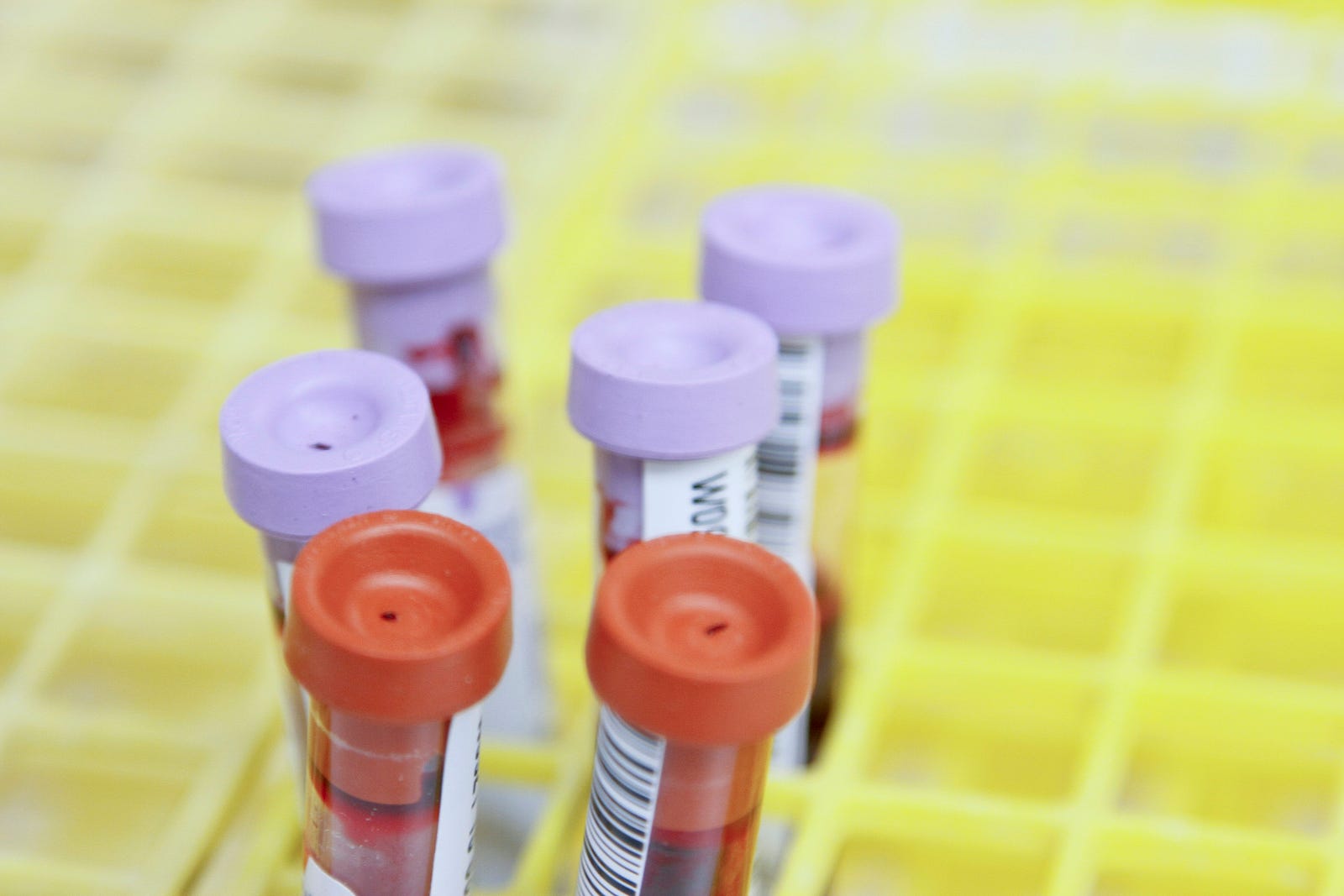A NEW STUDY SUGGESTS A POTENTIAL LINK between plant-based diets and slower prostate cancer progression after diagnosis and treatment. Is there an anti-prostate cancer diet?
Here’s a breakdown of the key study findings:
Men who ate mostly plant-based foods post-diagnosis had a significantly lower risk of their cancer progressing.
The findings are exciting for me, an oncologist.

The results are also good news for those seeking ways to manage their health after prostate cancer treatment.
Prostate Cancer Is Common
Prostate cancer is the most prevalent non-skin cancer in men diagnosed in the United States, accounting for nearly 13 percent of all new cancer cases, according to the American Cancer Society.
It’s the second leading cause of cancer death in men, highlighting the importance of early detection and treatment.
With a one in eight lifetime risk, prostate cancer is a significant health concern for men.
Background — Can Food Fight Cancer? Unveiling the Anti-Prostate Cancer
Prostate cancer is the second most common cancer among men in the US.
Past studies on plant-based diets and prostate cancer risk have involved small groups and lacked strong evidence.
This makes it difficult to draw definitive conclusions.
You can imagine my excitement when I spotted a study looking at the association between diet and progression risk in men with prostate cancer.
I don’t see many studies exploring lifestyle and cancer outcomes. I see more studies examining the effects of diet in the primary prevention of prostate cancer.
The New Study
The research analyzed data from the CaPSURE study, which included men with non-metastatic prostate cancer.
Researchers used validated food frequency questionnaires to assess participants’ diets.
Two plant-based diet indices were calculated, one considering all plant-based foods and another focusing on healthy plant-based options.

A large US study (over 2,000 participants) investigated the link between diet and prostate cancer recurrence.
Men who primarily consumed plant-based diets had a significantly lower risk of their cancer progressing compared to those who didn’t.
Study Results – An Anti-Prostate Cancer Diet?
Here are the study results in men with prostate cancer:
Men with the highest plant-based intake had a nearly 50 percent lower risk of disease progression than those with the lowest intake.
This study suggests a clear link between a more plant-based diet and potentially slower cancer progression.
My Take — Can Food Fight Cancer? Unveiling the Anti-Prostate Cancer
These study results align with what we find with diet and prostate incidence.
Eating well is associated with a lower chance of getting prostate cancer.

Here’s my issue with the current study: The research is observational.
The new study cannot definitively prove that plant-based diets cause slower progression — other factors might be involved.
More research with robust designs is needed.
Takeaway Messages – An Anti-Prostate Cancer Diet?
The evidence for plant-based diets impacting prostate cancer risk or progression is still evolving.
While the new study is encouraging, it’s too early to say it’s a cause-and-effect relationship definitively.
What Can We Do Now?
- We know a healthy diet rich in fruits, vegetables, and whole grains benefits overall health, including potentially impacting cancer risk (including non-prostate cancers such as colorectal).
- Consider incorporating more plant-based meals into your diet.
- If you’re a man concerned about prostate cancer, talk to your doctor about your individual risk factors and potential dietary changes.

Prostate Cancer Risk Reduction
Talk to a healthcare provider about screening.
The American Cancer Society recommends:
Discuss prostate cancer screening with your healthcare provider at age 50 for men if you have an average risk of prostate cancer and are expected to live at least 10 more years.
Here’s a breakdown:
- Age 50: This is the starting point for the discussion, though some organizations recommend earlier conversations (at 45) for high-risk men (African American descent, family history).
- Average Risk: Men with no significant risk factors for prostate cancer.
- Life Expectancy: Since prostate cancer often grows slowly, screening may not be beneficial for men with a short life expectancy.
The key takeaway is to have an informed conversation with your doctor about prostate cancer screening at age 50 (or earlier for high-risk men).

If you decide to get screened for prostate cancer
- PSA Blood Test: This blood test measures the prostate-specific antigen (PSA) level in your blood. An elevated PSA level may indicate prostate cancer, but it can also be caused by other factors.
- Digital Rectal Exam (DRE): During a DRE, your doctor inserts a gloved finger into your rectum to feel the prostate for abnormalities.
The screening frequency depends on your situation, including PSA level, overall health, family history, and preferences.
It’s important to have an open and informative conversation with your doctor to determine your best course of action.
One More Thing – An Anti-Prostate Cancer Diet?
Remember: While plant-based diets may hold promise, they are not a guaranteed solution. Moreover, the study does not suggest that you must only eat plants.
The research supports my continuing focus on a Mediterranean-style diet (with plenty of vegetables and fruits, healthy olive oil, fish, and not too much red meat).
Oh, one more thing for me: a bit of dark chocolate, preferably with sea salt.
Consultation with a doctor is crucial, especially if you have a cancer diagnosis.
I am a work in progress but continue to pursue a healthy diet rich in fruits, vegetables, and whole grains.
It’s important to remember that everyone’s situation is unique. Consult your healthcare provider before making significant dietary changes, especially after a cancer diagnosis.
Get an email whenever Dr. Michael Hunter publishes.
drmichaelhunter.medium.com.
Thank you for reading “Can Food Fight Cancer? Unveiling the Anti-Prostate Cancer.”




